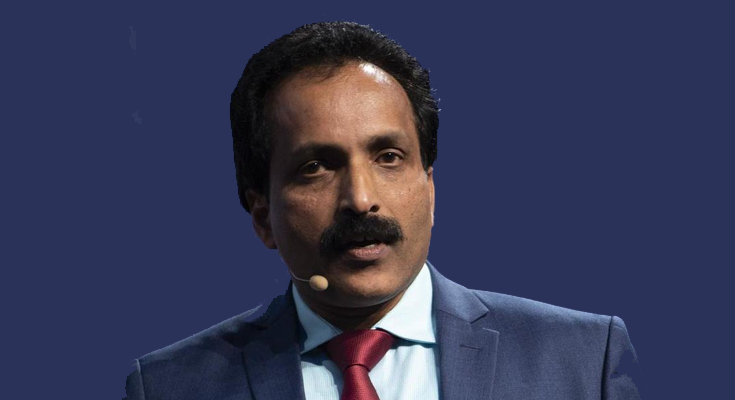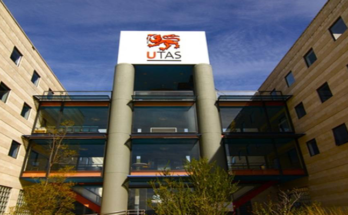New Delhi: The Indian Space Research Organisation (ISRO) continues to make significant strides in its mission to achieve self-reliance in space technology. During the 82nd Foundation Day of the Council of Scientific and Industrial Research (CSIR), ISRO Chairperson S Somanath revealed that nearly 95% of the components used in Indian rockets are now procured domestically, a testament to India’s growing prowess in the field of space exploration.
Somanath’s statement underscores ISRO’s comprehensive capabilities, covering all aspects of space endeavors, from the in-house development of rockets and satellites to space applications.
He highlighted that the majority of materials, devices, and systems for ISRO’s rockets are sourced within India, with only approximately 5% being imported, primarily high-end electronic components.
This impressive achievement has been made possible through partnerships with various Indian laboratories, including national, defense, and CSIR labs. These collaborations have focused on advancing material indigenization, technology proficiency, and research efforts. Somanath also highlighted notable strides in electronics indigenization, with critical elements such as processors for rockets and primary computer chips now being produced entirely in India.
ISRO has also successfully developed essential components, including electromechanical actuators, DC power supply systems, battery systems, and solar cells within the country, further reducing its reliance on foreign imports.
The announcement of ISRO’s achievements came on a day when the CSIR celebrated its Foundation Day and recognized the contributions of 12 young scientists with the prestigious Shanti Swarup Bhatnagar awards. Among the awardees were prominent researchers: Immunologist Dipyaman Ganguli from CSIR-Indian Institute of Chemical Biology, Kolkata; Microbiologist Ashwani Kumar from CSIR-Institute of Microbial Technology, Chandigarh; Biologist Maddika Subba Reddy from the Centre for DNA Fingerprinting Diagnostics, Hyderabad; Akkattu T Biju from the Indian Institute of Science, Bengaluru and Debabrata Maiti from the Indian Institute of Technology (IIT) Bombay.
Ganguli was honored in the realm of medical sciences, while Kumar and Reddy received recognition for their contributions to biological sciences.
During the event, Principal Scientific Advisor Ajay Sood stressed the importance of a more inclusive and transparent selection process for these awards. He announced a significant expansion in the Shanti Swarup Bhatnagar awards, transforming them into Vigyan Yuva Shanti Swarup Bhatnagar awards.
This expansion will increase the number of awards from seven to 25, covering a wider range of fields and recognizing young scientists, technologists, and innovators who have made exceptional contributions to their respective domains.
ISRO’s achievement in domestic procurement of rocket components is not only a milestone for India’s space program but also a testament to the country’s dedication to self-sufficiency and technological advancement in the global space arena.




